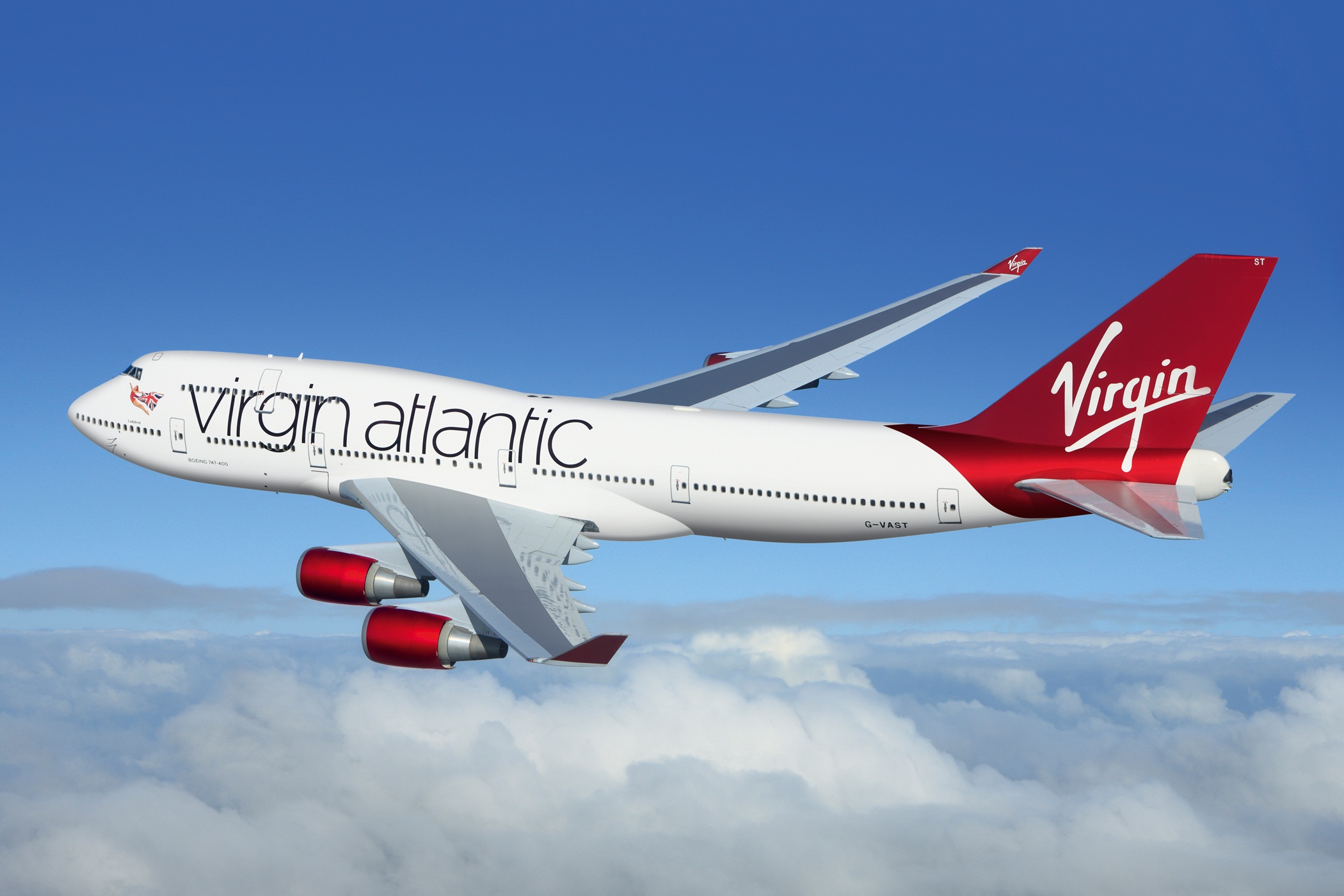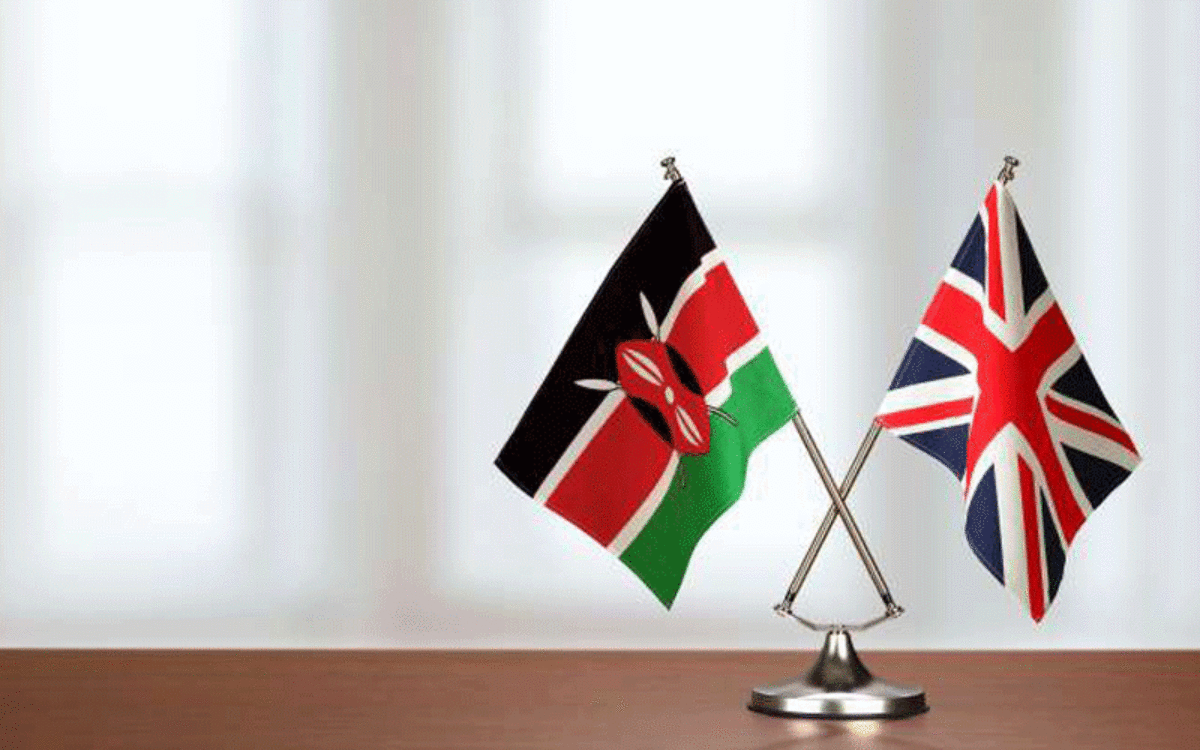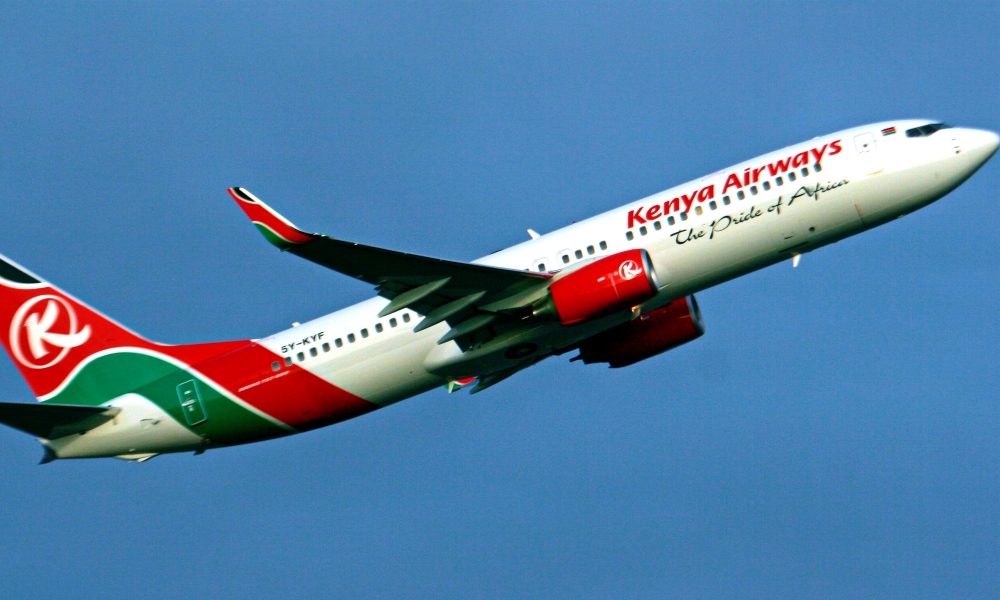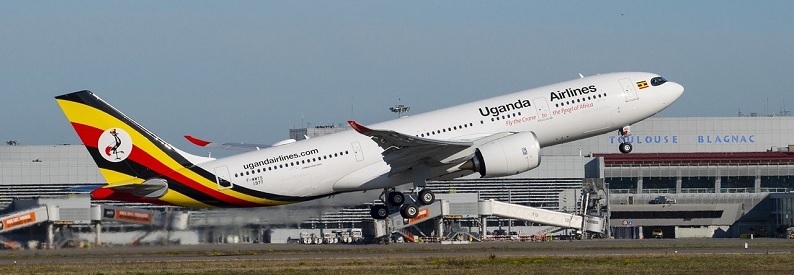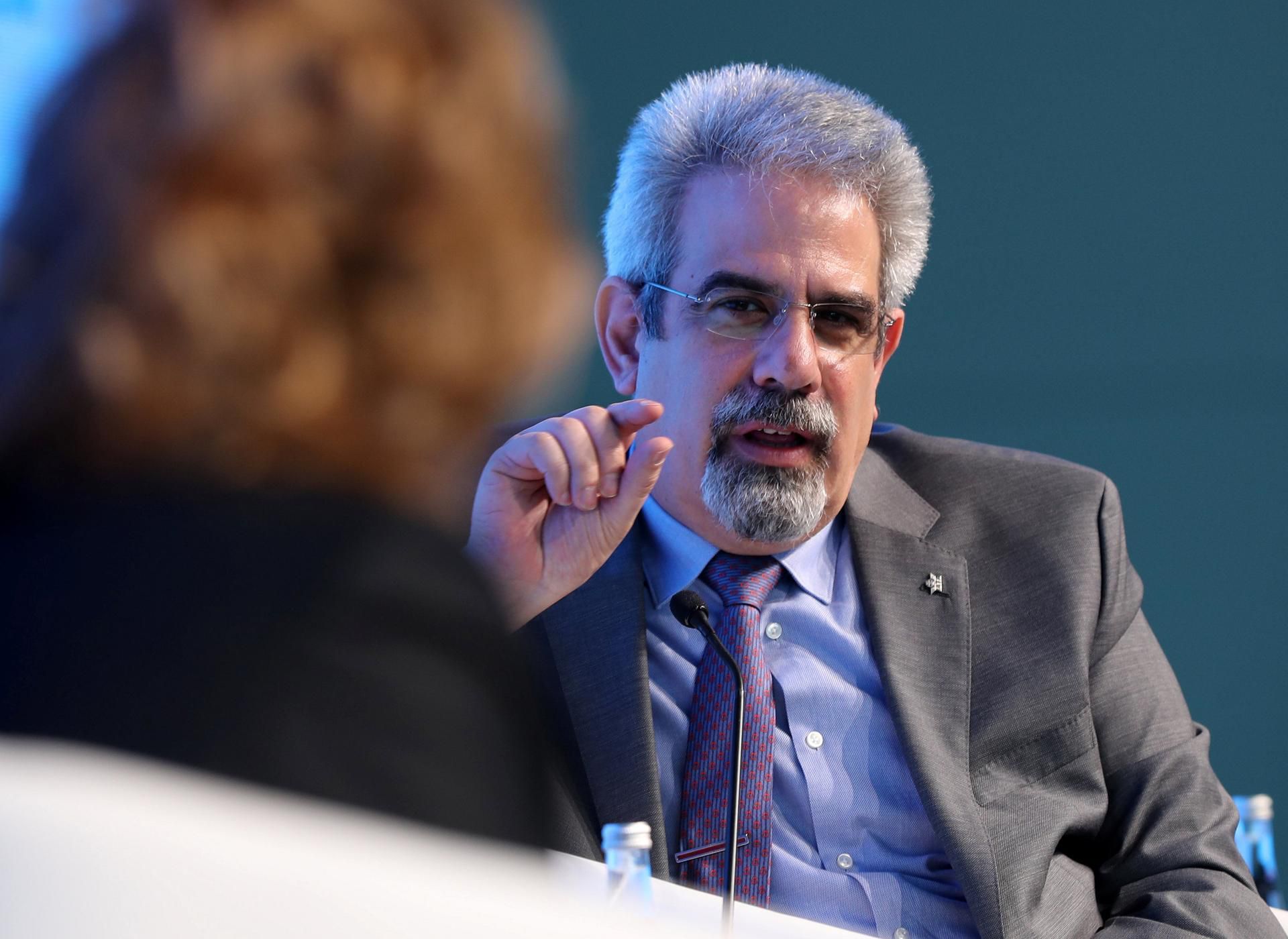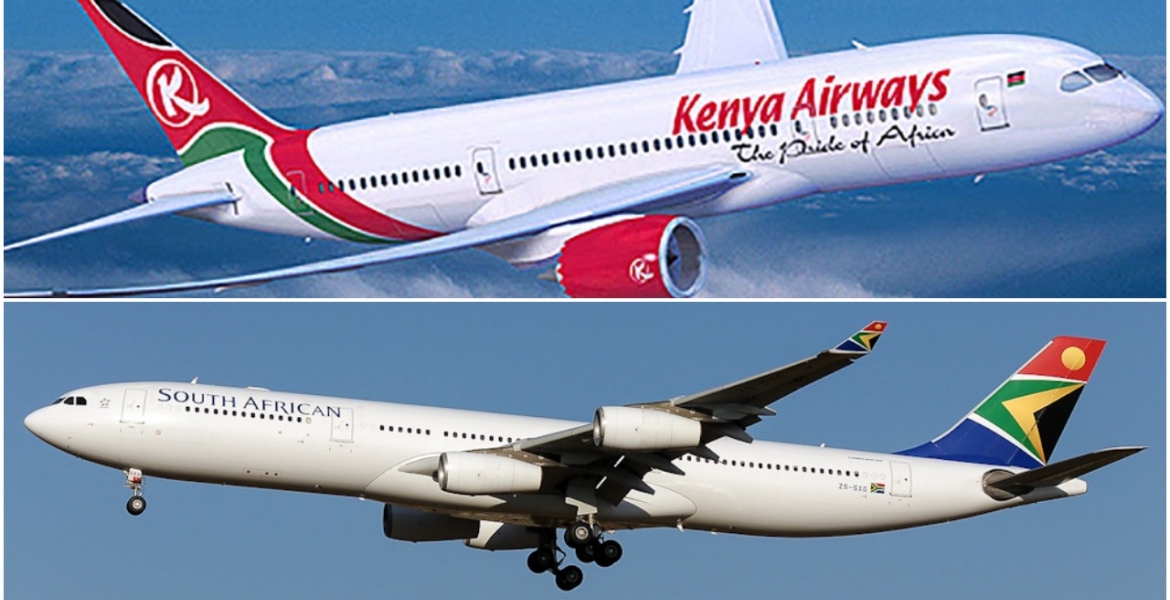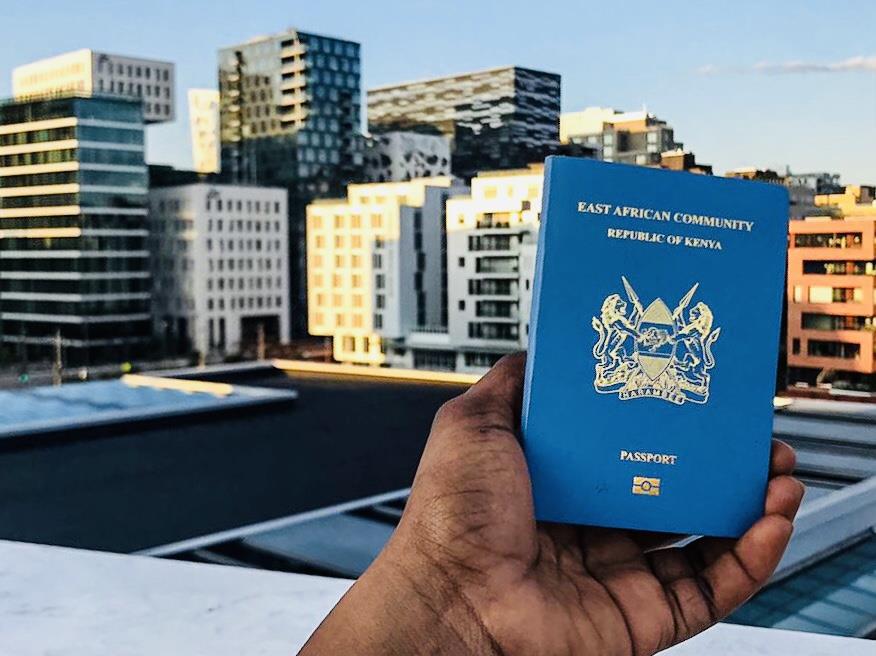Airlines reported a surge in bookings to South Africa ahead of the UK government’s dramatic travel review announcement on Thursday.
Virgin Atlantic told the Evening Standard it has seen a 150 per cent jump in bookings to the destination in the past few days, after experts tipped the country to be among dozens of countries likely to fall off the UK travel red list.
Travellers are especially keen to lock in flights around Christmas time, in South Africa sweltering summer, when airfares usually rocket to several thousands pounds.
Speculation had been growing around other red list countries like Brazil and Mexico, which industry experts thought would also be removed from the list.
Transport Secretary Grant Shapp announced on Thursday that 47 countries are coming off the red list, including a string of popular holiday destinations including South Africa, Argentina, Cuba, Thailand and Tunisia.
Being take off the red list means returning holidaymakers will not have to stay in quarantine hotels for 11 nights at a cost of over £2,200.
Virgin Atlantic operates services from Heathrow to Cape Town and Johannesburg three times a week. A spokeswoman for the airline said: “In advance of the Red list review today, we have seen our bookings to South Africa increase by 150% over the past four days, compared to the four days prior.
“The majority of bookings are for passengers originating from the UK however we are also seeing an increase in passengers originating from South Africa as well. The new bookings are for travel in November and December this year in particular around the Christmas period.”
In a further easing of restrictions, the Government has lifted its advice against non-essential travel to 32 countries and territories.
Bangladesh, Fiji, Gambia, Ghana and Malaysia are among the locations for which travel advice based on the risk of coronavirus has been relaxed, the Foreign, Commonwealth and Development Office (FCDO) said on Wednesday.
Britons will not longer be told to avoid all but essential travel to non-red list countries on Covid-19 grounds except in “exceptional circumstances” such as if the local healthcare system is overwhelmed, the FCDO added.
This should make it easier for people visiting those locations to obtain travel insurance.
Source: Evening Standard

